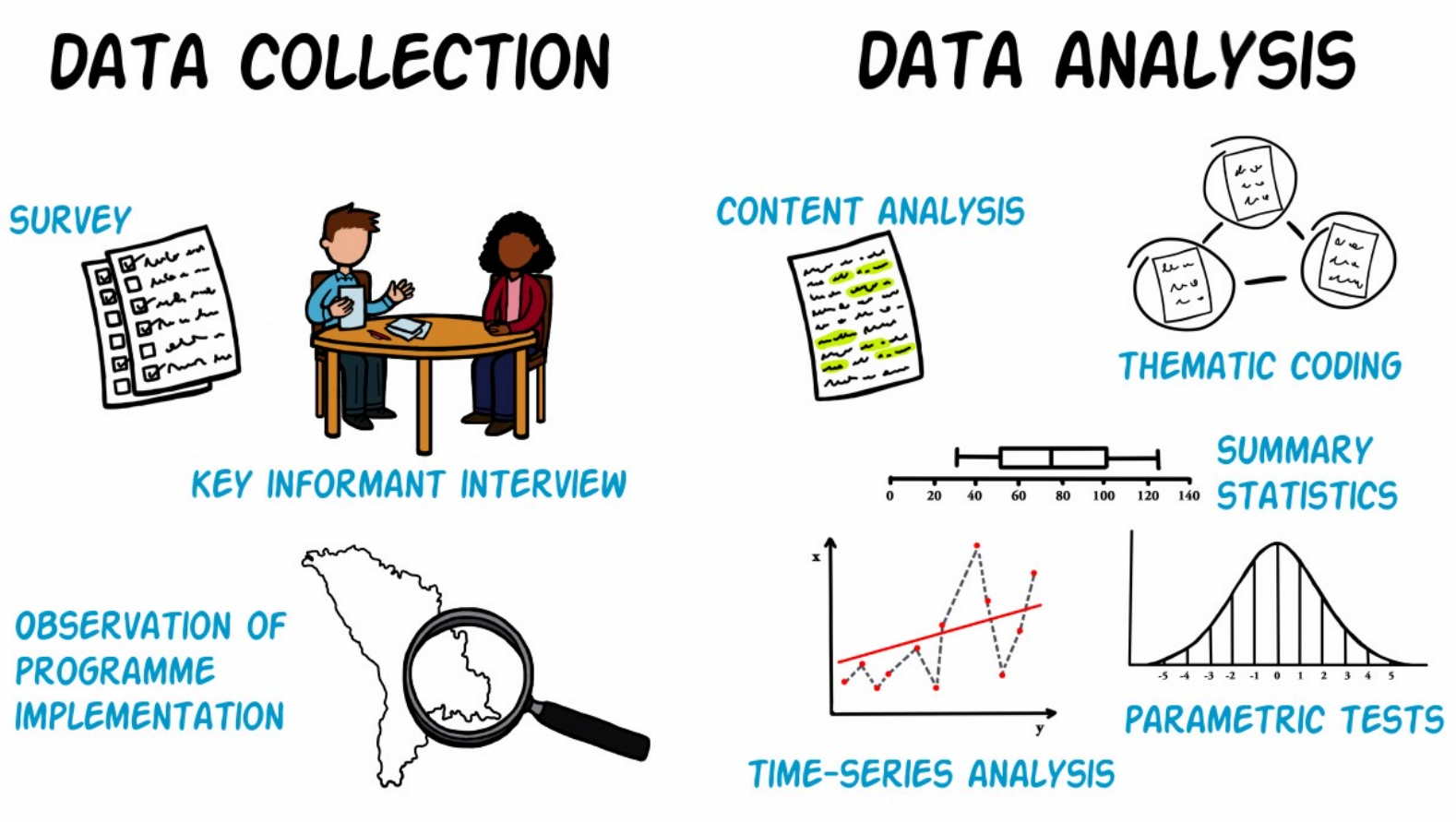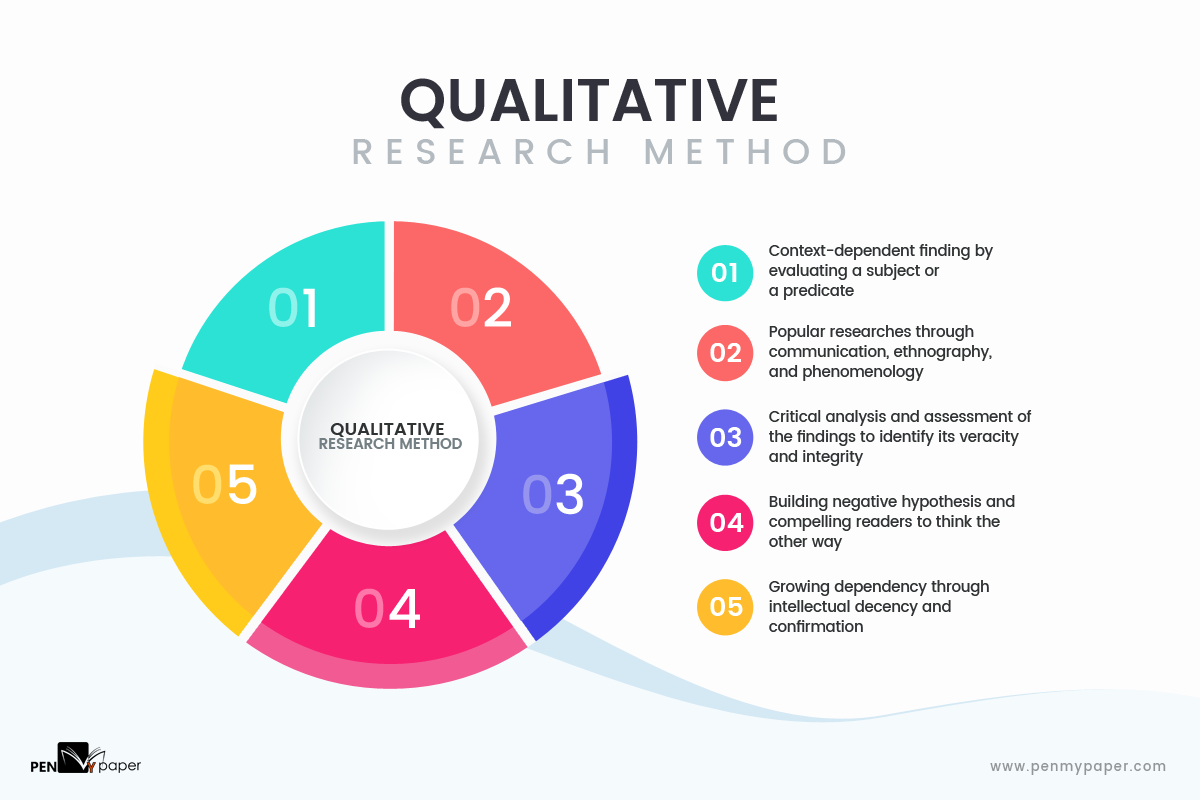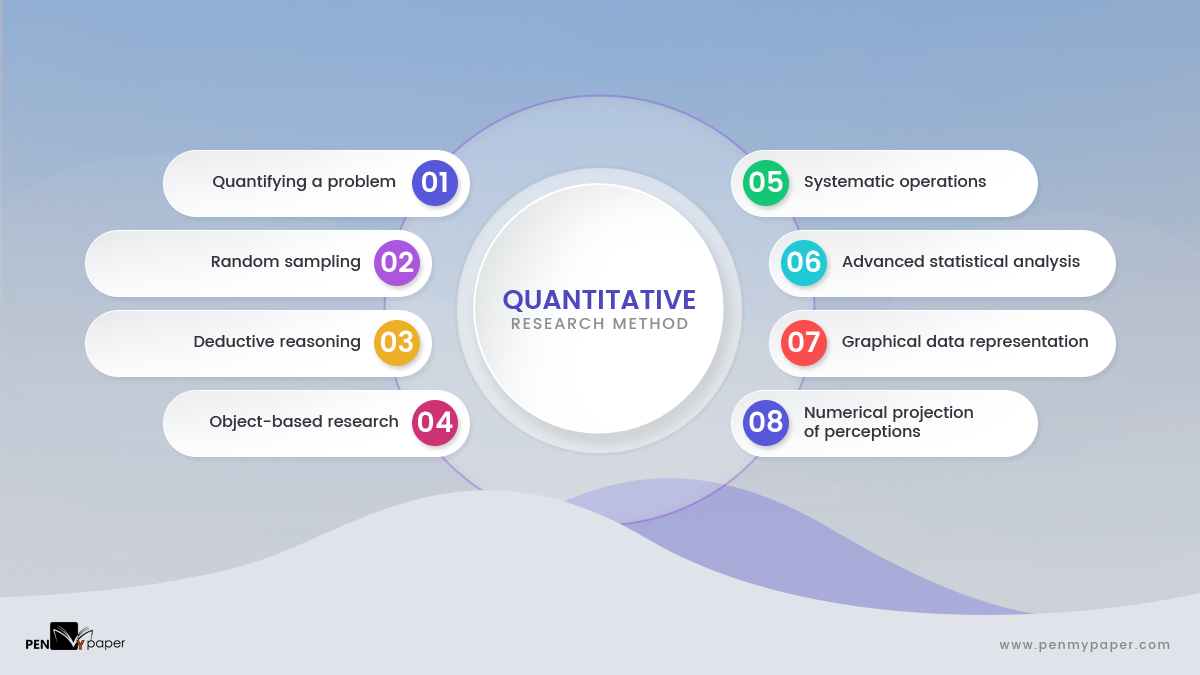Knowing your target market and what they want can mean the difference between success and failure for your organization.If you'd want to learn more about conducting and usingB2B market research, check out our comprehensive guide.
Researching the needs and wants of potential clients in the B2B market is called market research.Brand perception, product fit, customer servicerequirements, sales and marketing tactics are just few of the topics that can be researched.
Analyzing your target market's motivations and preferences begins with a focus group.It is more beneficial to conduct research into how your target market thinks, feels, and acts in order to improve your marketing strategy.
That's not all; having them on board ensures that your clients will get exactly what they want from you.As a result, you'll be able to anticipate future patterns and take action before they occur.

What is Market Research | Explained in 2 min
What Exactly Is B2B Marketing Research?
B2B marketing research is the practice of gathering information about your market by surveying a sample of its participants. Existing consumers, former customers, prospective buyers, lost prospects (buyers who chose to buy from another brand), and influencersare all possible participants. In a competitive employer market, research could also include current and potential employees.
Data Collecting And Analysis
Let's begin with data gathering. You have two options when it comes to gathering information:
Qualitative
Researchers use this method to speak directly with people in order to gain their experiences and opinions on your company, product, or other parts of the market. This form of study takes more time and effort to do because it involves live discussions, and it can be more difficult to assess. Qualitative research, on the other hand, gives unrivaled depth and allows you to ask open-ended questions and pursue new lines of investigation as possibilities emerge. The most frequent qualitative research methods used by firms include phone interviews, face-to-face interviews, and focus groups.
Quantitative
Quantitative research draws its power from volume, whereas qualitative research allows you to delve deeply into a relatively small sample. The researcher uses a standardized survey questionnaire to ask everyone the identical set of questions (though branched questions, in which an answer determines what question comes next, are also an option). While open-ended questions are possible in quantitative research, they are utilized less frequently so that the enormous amount of data can be analyzed more quickly. Quantitative research's more rigorous structure lends itself to a variety of formats, including online, postal, and telephone surveys.
Which type of study is more effective: qualitative or quantitative? There is no such thing as a correct or incorrect response. Each has a distinct function. Quantitative research, at its most basic level, is beneficial for understanding what is happening in the marketplace, whereas qualitative research is good for determining why. There is no such thing as a correct or incorrect response. Each has a distinct function. Quantitative research, at its most basic level, is beneficial for understanding what is happening in the marketplace, whereas qualitative research is good for determining why.
What Are The Advantages Of Conducting Market Research?
A high association between research and growth/profitability has been shown in our own research of professional services firms. In fact, companies that perform frequent research (at least quarterly) expand up to 70% faster and are nearly 50% more lucrative than companies that do not. The most successful businesses recognize that the industry is constantly changing, and the only way to stay on top of it is to conduct regular research. They can change their messaging and services to match the changing needs of their audiences thanks to up-to-date intelligence.
What Are The Most Common Approaches To Performing B2B Research?
Marketing research typically use a combination of:
Primary research methods — Engaging directly with the target audience to obtain insights into their beliefs and actions is a primary research strategy. Qualitative (in-depth, exploratory) or quantitative (structured) methodologies can be used in these discussions.
Secondary research approaches — using publicly available data to address inquiries about the behavior and opinions of corporate decision-makers
Conclusion
Marketing research may help your B2B organization become more self-aware, attuned to the marketplace, and change-ready. Don't worry if you've never done research like this before. A trained research partner can take care of the heavy lifting while also providing a more sophisticated analysis of the findings — findings that you should be able to act on right immediately.
Marketing research is a strong instrument that is frequently overlooked. Whether you're looking for information on how toregain your company's momentum, what's going on in the market, why your top competitor is winning all the business, or how to maintain your competitive edge, the answers are available. All you need is the desire to obtain them and the means to do so.





